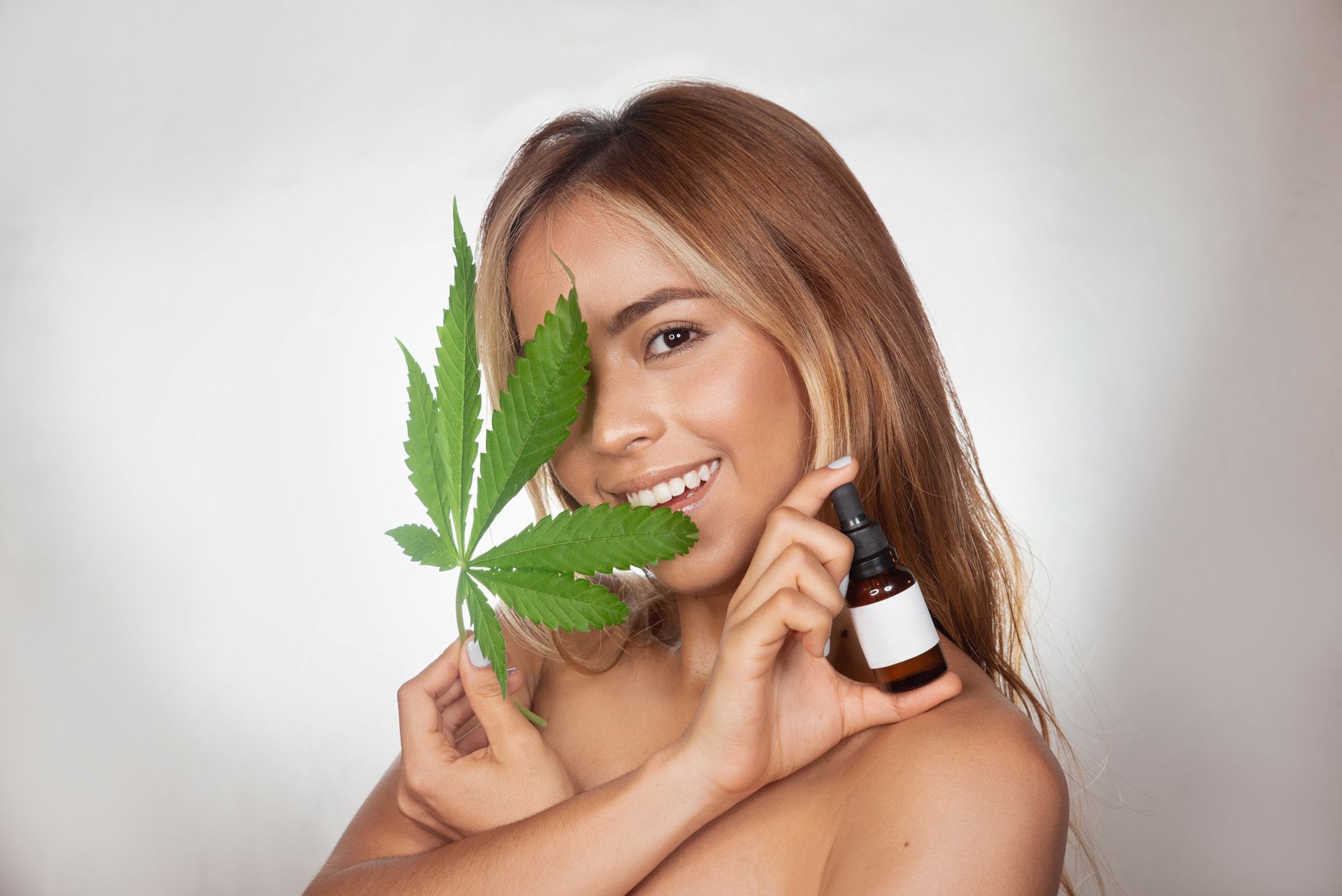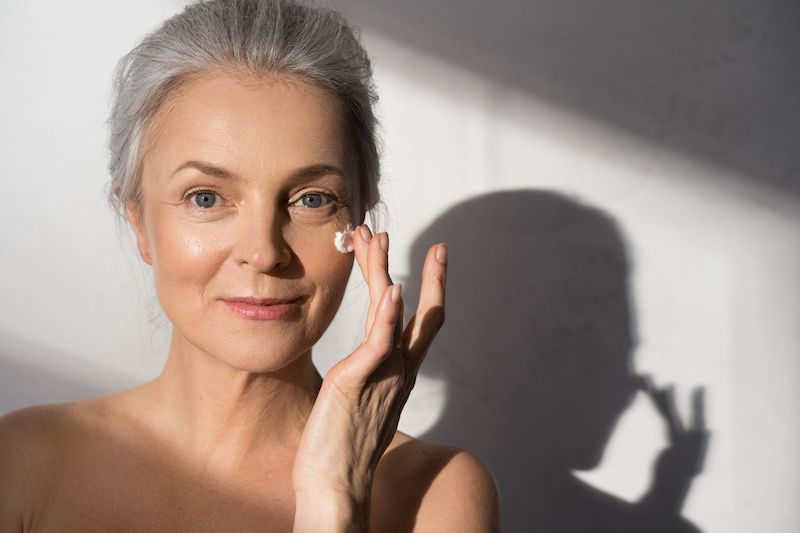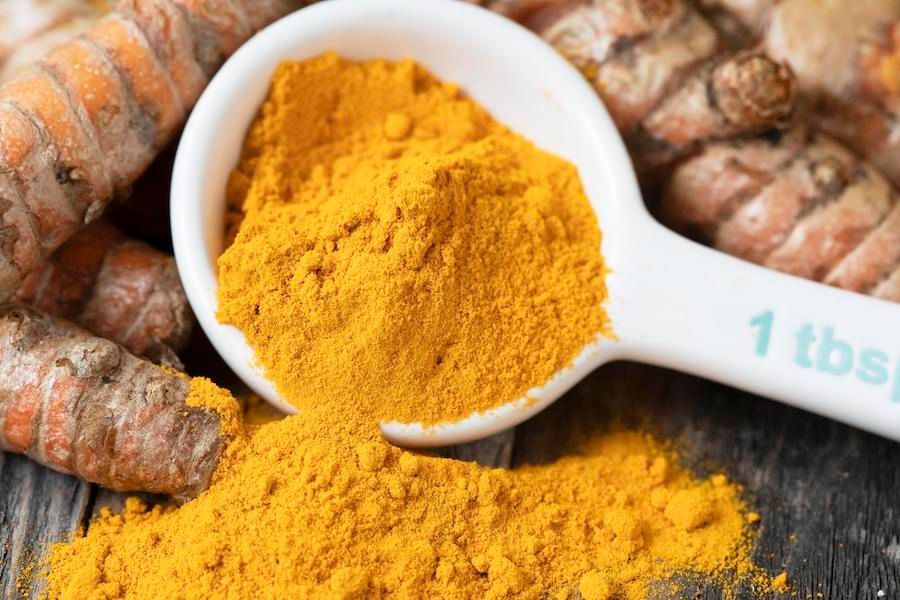The Difference Between Full Spectrum and Broad Spectrum CBD

Have You Ever Wondered?
As you dive into the world of CBD products, you'll come across terms like "broad spectrum" and "full spectrum." But what do these terms mean, and how do they affect the product you're considering? Let's explore the key differences between broad spectrum and full spectrum CBD to help you make an informed choice.
Understanding CBD and the Entourage Effect
Before diving into the differences, it's important to understand the concept of the entourage effect. This theory suggests that cannabinoids, terpenes, and other compounds found in the cannabis plant work synergistically to enhance each other's effects. This means that a CBD product with multiple compounds may be more effective than one with CBD alone.
Full Spectrum CBD
Full spectrum CBD products contain all the naturally occurring compounds found in the cannabis plant, including:
- Cannabinoids: These include CBD, THC (tetrahydrocannabinol), CBG (cannabigerol), and more.
- Terpenes: Aromatic compounds that contribute to the plant's scent and may have therapeutic benefits.
- Flavonoids: Plant compounds that have antioxidant properties.
Pros of Full Spectrum CBD:
- Entourage Effect: Full spectrum CBD is thought to maximize the entourage effect, potentially enhancing the therapeutic benefits.
- Complete Plant Profile: Offers a more holistic approach, as it includes a wide range of cannabinoids and other beneficial compounds.
Cons of Full Spectrum CBD:
- THC Content: Contains trace amounts of THC (up to 0.3% as per federal law), which may be a concern for those who undergo drug testing or are sensitive to THC.
- Legal Restrictions: The presence of THC can complicate legality in regions where THC is not permitted.
Broad Spectrum CBD
Broad spectrum CBD products contain multiple cannabinoids and compounds found in the cannabis plant, but with one crucial difference: they are THC-free. Broad spectrum CBD is essentially full spectrum CBD that has been processed to remove all traces of THC.
Pros of Broad Spectrum CBD:
- Entourage Effect: While not as potent as full spectrum, broad spectrum still offers some level of the entourage effect due to the presence of multiple cannabinoids and terpenes.
- THC-Free: Ideal for individuals who want to avoid THC entirely, whether due to personal preference, sensitivity, or legal concerns.
Cons of Broad Spectrum CBD:
- Less Potent Entourage Effect: The absence of THC means the entourage effect may be less pronounced compared to full spectrum CBD.
- Processing: The additional processing to remove THC can sometimes affect the overall cannabinoid profile.
Which One is Right for You?
Choosing between broad spectrum and full spectrum CBD largely depends on your personal needs and preferences:
- If you prefer a holistic approach and are not concerned about trace amounts of THC, full spectrum CBD might be the best choice for you. It offers the full range of cannabinoids and compounds, potentially providing the maximum therapeutic benefits.
- If you need to avoid THC completely, whether for legal reasons or personal preference, broad spectrum CBD is an excellent option. You still benefit from multiple cannabinoids and terpenes without any THC content.
Conclusion
Both broad spectrum and full spectrum CBD products have their unique advantages and potential drawbacks. Understanding these differences can help you make an informed decision based on your individual needs and circumstances. Whether you're looking for the most comprehensive cannabinoid profile or a THC-free option, the right CBD product is out there for you.
At Good JuJu Club, we offer a range of high-quality CBD products to suit your preferences. Click here to shop our CBD store!




